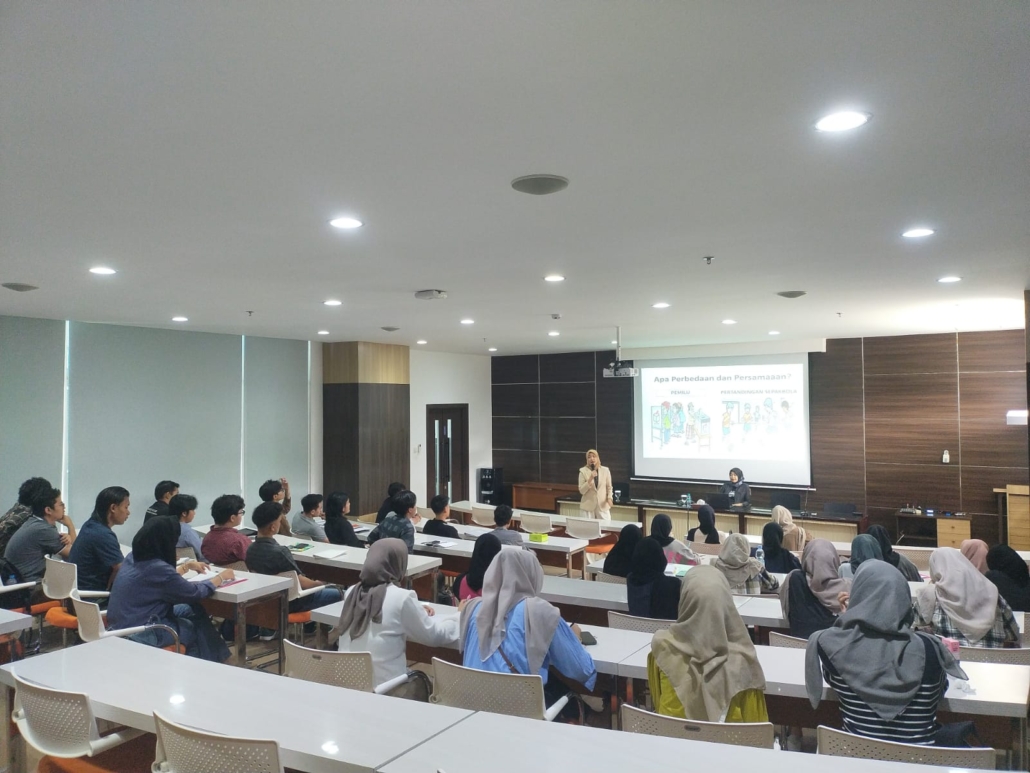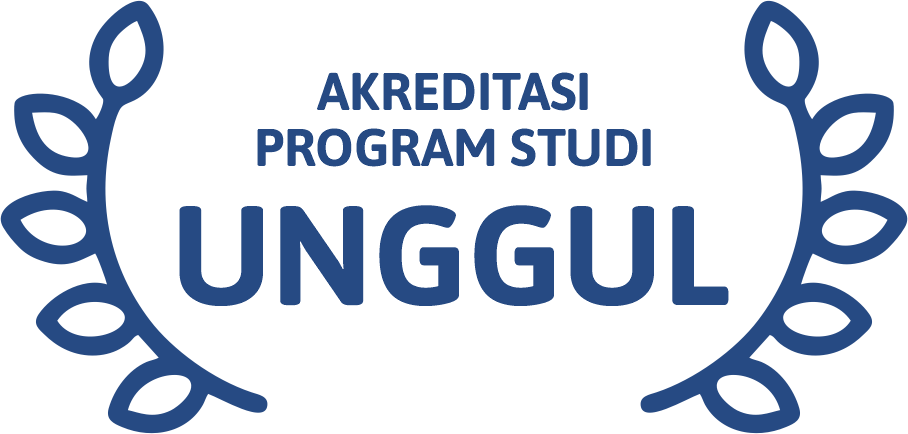Practitioner Sharing from Bawaslu DI. Yogyakarta: “Political and Constitutional Law”
Not long ago, the Indonesian people held a democratic party that took place simultaneously throughout the country. Of course, in carrying out this democratic party, it cannot be separated from the existence of election organizers as well as supervision and resolution of violations in an election. Following this, the Undergraduate Study Program in Law, Faculty of Law, Islamic Universitas Islam Indonesia (UII) held a teaching practitioner lecture by inviting expert practitioners in constitutional law and politics. The practitioners invited to this lecture were Umi Illiyina, S.H., M.H., a member of Bawaslu DI. Yogyakarta, with the theme of the material presented being “Political and Constitutional Law.” This lecture was held in the Stageroom Room, West Wing, 3rd floor, Faculty of Law UII, with three meetings. The first meeting is on Monday, December 2, 2024, starting at 08:45–10:25 WIB. Meanwhile, the second meeting is on Friday, December 6, 2024, starting at 08:45 to 10:25 WIB, while the third meeting is an assignment. This teaching practitioner lecture is mandatory for class D students of Law and Constitutional Politics, Faculty of Law, UII. Before the resource person explained the material, this agenda was opened first by the Vice Dean for Human Resources, Faculty of Law, UII, Dr. Sri Hastuti Puspitasari, S.H., M.H.

Political and state law is a legal science that studies the relationship between law and politics and regulates the organization and structure of the state. Of course, this is related to the governance of a country, starting from a general election, the formation of a government, to the supervision of state power. Generally, a general election is carried out directly by the people to elect members of the People’s Representative Council, Regional People’s Representative Council, President, and Vice President. The legal basis for the election itself, for example, is in the 1945 Constitution Article 22 E and Law No. 7 of 2017 as amended by Law No. 7 of 2023.
Umi Illiyina, S.H., M.H., in her explanation, stated that “Based on Law No. 7 of 2017, related to Election Organizers are divided into 3, namely the General Election Commission (KPU), the General Election Supervisory Body (Bawaslu), and the Election Organizer Honorary Council (DKPP). As for the classification of election legal problems, it is divided into election disputes and election violations. Problems related to election disputes are divided into 2 points, namely disputes over results and non-result problems. Furthermore, related to election violations, are divided into 3 points, namely criminal, administrative, and ethics of election organizers.” The following is the presentation from Umi Illiyina, S.H., M.H. After the presentation of the material has been completed by the resource person, students are welcome to ask questions directly. In addition to the presentation of the material, the resource person also provided a case study to students as an illustration of the form of law and state politics, and then the event continued with the handover of souvenirs and a group photo session.







